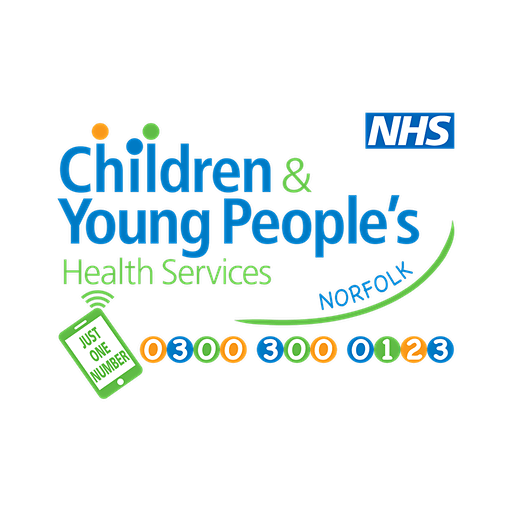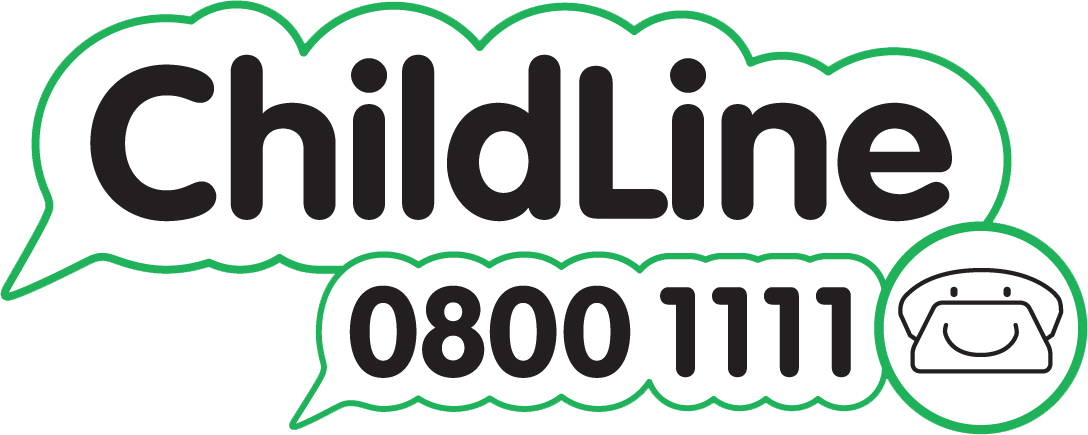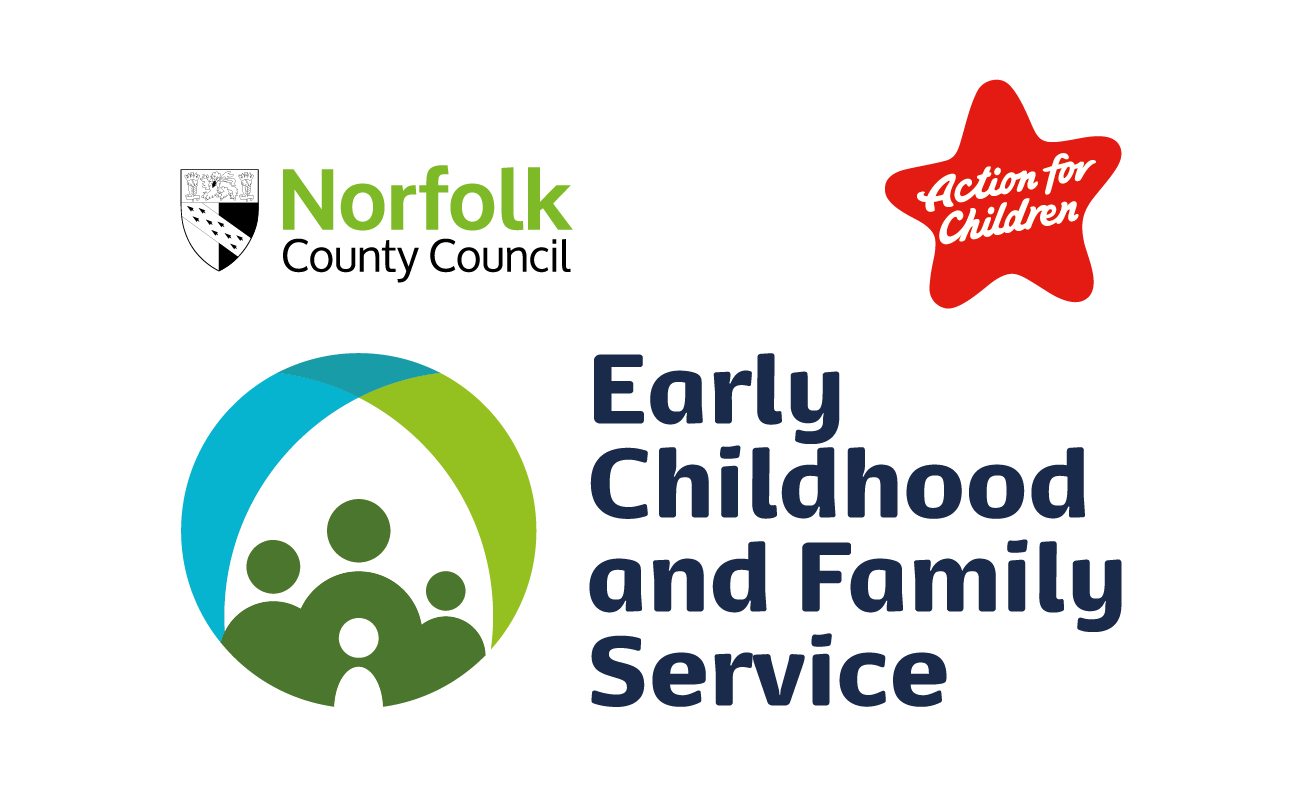Safeguarding at The Coastal Together Federation
Safeguarding covers all aspects of keeping the children and staff safe in our school. It includes Child Protection, procedures, recruitment, staff and visitor conduct and areas such as use of phones, images and confidentiality. All staff are responsible for safeguarding but in each school safeguarding is led by a Designated Safeguarding Lead - these people are known as DSLs. The government produce many documents including 'Keeping Children Safe In Education' that tells all school that we must do our best to ensure the safety and well-being of children.
This includes:
-
- Providing children with information about staying safe on roads, online and with their own bodies.
-
- Noticing signs of change in our children that might be indicators of abuse.
-
- Communicating with families when a child has raised a concern and passing this information on to other agencies to keep children safe.
-
- Recording concerns about children's safety.
-
- Working with other agencies from housing to Social Services to support children and their families.
-
- Take measures to ensure that the adults that children spend time with at school are safe and checked.
What does it look like at the Coastal Together Federation?
For Children
Safeguarding for children at The Coastal Federation looks like:
-
- PSHE and RSE lessons that teach them about keeping themselves safe and knowing if they are being abused - this information follows government guidelines and changes as the children become older.
-
- Staff and visitors wearing the correct badges so that children know who they can approach. This is why you are asked to wear a badge when you enter the buildings.
For Staff
Safeguarding for staff at The Coastal Federation looks like:
-
- Delivering lessons to the children to ensure they are able to keep themselves safe.
-
- Annual training to ensure staff are aware of possible safeguarding concerns and the signs of abuse.
-
- Recording concerns - either things that children have said or things we notice like changes in behaviour on our safeguarding system MyConcern.
-
- Sharing concerns with parents and carers to offer support either from school or from other agencies.
-
- Building positive relationships with children so that they feel comfortable to share any concerns they are having about school or home.
For Parents
Safeguarding for parents at The Coastal Federation looks like:
-
- Ensuring you sign in and wear the badge provided.
-
- Not attempting to encourage your child/other children to engage with you in school without the knowledge and permission of staff - we will always try to facilitate opportunities for safe photos and for you to congratulate your child after assemblies/performances.
-
- Not taking photographs/ videos whilst on school sites - this prevents us from effectively safeguarding other children.
-
- Share information with the school were it is impacting on your children - knowing about big family changes can allow us to support both you and the children effectively.
-
- Understand that it is the job of staff to share concerns with you to ensure the wellbeing of children. The only time staff may not share information with you first is if the DSLs believe that the child is at immediate risk of harm or that the risk of harm would increase if the information was shared.
For Visitors
Safeguarding for visitors at The Coastal Federation looks like:
-
- Wearing the badge provided on arrival and signing in.
-
- Not having a mobile phone in the class with you at any time during the school day. Phones should be left in the office or the staffroom.
-
- Never taking photographs or videos of children on any personal device. Any school devices used must remain in school with the exception of educational visits where devices must be cleared before departing.
-
- If you use social media sites such as Facebook, you must never talk about the school, the staff or the children. This includes comments about your time here, stories about the children etc. This would be in breach of confidentiality and your placement (if you are a student) would be stopped immediately.
What does a DSL do?
Designated Safeguarding Leads ( DSLs) have enhanced training and are responsible for overseeing the Safeguarding procedures within school. If your children or the family need some support from other agencies including Early Help or Social Services it is likely to be the DSL who communicates with you and the other agencies. They will talk to you about any concerns the school has about your child and work with you to support them.
If the DSL feels that the concerns need wider support then they will make a referral to another agency - such as Early Help or Social Services. The DSL will always tell you before they do this - unless they believe that telling you will increase the risk of harm to the child. Our first priority is always to the wellbeing and safety of the child but we aim to work collaboratively with families to move things forward. If you family is part of a Family Support Process (FSP) Children in Need (CIN) or Child Protection (S47/CP) plan then the DSL will attend meetings with you and the other agencies to share the views of the child and the schools perspective.
At the Coastal Federation we believe that a child's wellbeing being is vital in them being able to reach their full academic and personal potential and we value the strong and open relationships we are able to build with our children and families. In school DSLs provide training to other members of staff and visitors to ensure they are able to safeguard the children in our community.
Useful Links
Just One Number and Parentline
Just One Number is our single point of access for all Norfolk Healthy Child Programme services. Find out more about the care we can offer for you and your child from age 0-19 here. You can get in touch with Just One Number by calling 0300 300 0123.
https://www.justonenorfolk.nhs.uk/


Childline
The childline service is there to give young people a voice when no one else is listening. Whatever problems or dangers they're facing, childline is a place for them to turn for support. They have trained Childline counsellors who are there for young people 24 hours a day, every day of the year. Talking to Childline can be the first step that gets a child's life back on track. And young people can get help and support with any issue they're going through, no matter how big or small.
https://www.childline.org.uk/somethings-not-right

Early Help
If you are experiencing difficulties in your family or are worried about your children, there are people who can offer help and support. Difficulties could be:
-
- Mental health problems
-
- Domestic abuse at home
-
- Drug or alcohol dependency
-
- Your child not going to school
-
- Struggling as a lone parent
-
- Debt problems
-
- Housing problems
If you need more help than your usual support network - for example your health visitor, child's school, doctor or the Early Childhood and Family Service (ECFS) - the family support process can help.
https://www.norfolk.gov.uk/children-and-families/early-help-and-family-support





